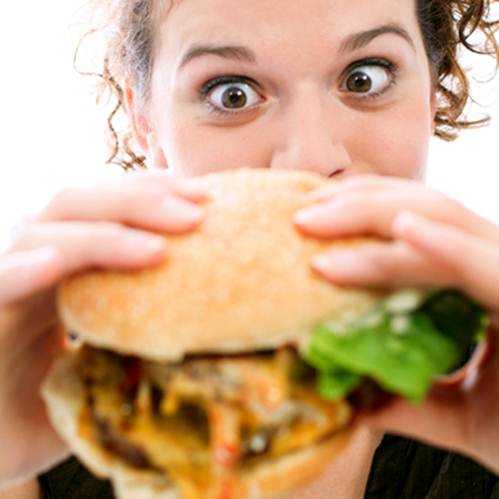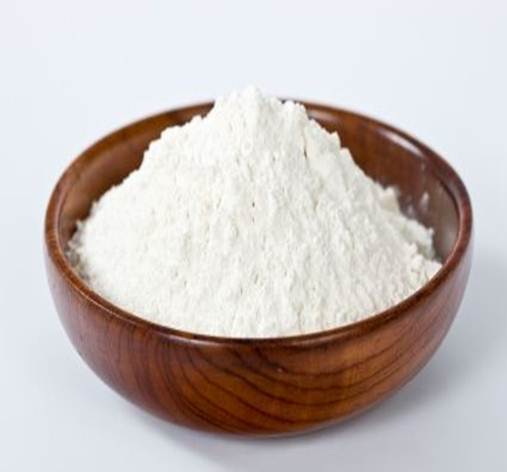Are we all addicts?
Michael Prager, US-based author of Fat Boy
Thin Man (Fisherblue Press), comes at the issue from the inside. He was a podgy
child and obese adult into his 30s. Eventually, he managed to lose the weight,
and has kept it off for the past 20 years.
But his transformation only really began
when he adopted the techniques that have been helping addicts for the past
75-odd years. Despite skepticism in mainstream medicine and popular belief,
Prager insists food addiction is real.

Despite
skepticism in mainstream medicine and popular belief, Prager insists food
addiction is real.
When I ask him how this works when, unlike
cocaine, the offending substance is something we need for survival, he makes
this point: “Food addiction does not describe a condition in which you’re
addicted to all food. It’s a bio-chemical sensitivity some people display to
certain foods. “Gearhardt’s team estimates this applies to as much as 11
percent of the population. She adds: “We don’t need French fries and milkshakes
to survive.”
Not all carbs are equal
The biggest culprits are flour and refined
sugar, says Prager. And it’s no coincidence that, just like cocaine, these
begin as plants and, after brutal processing (often including bleaching), end
up as powdery white stuff. Gearhardt agrees: “Highly processed foods mirror
other drugs of abuse; they hit the system quicker and are much more potently
rewarding than anything that occurs naturally.”

The
biggest culprits are flour and refined sugar.
So the food group itself is not the
problem. In fact, says Cape Town nutritional therapist Chantal Deacon Daniel,
fruits, vegetables, wholegrains, legumes and tubers are the main carb-rich
foods and no-one’s suggesting you forgo these.
“Whole foods contain the fibre and
micronutrients necessary for healthy metabolism of sugars. Take the sugarcane
plant. In its natural state, it contains fibre and a mineral called chromium.
The fibre slows the release of sugar into the bloodstream stabilises
blood-sugar levels. These are both removed in refined sugar.”
Can you get clean?
Carynn Wolff, 35, a theatre production
manager, has tried to kick her carb habit several times. “It’s not easy,” she
says, citing flu-like symptoms and a sense of “scatteredness” as part of her
withdrawal. She’s cut down, but still admits to indulging her sweet tooth once
a day.
The dietitians I quizzed agree that whole,
untreated plant foods regulate the blood sugar making cravings less intense.
Bruk suggests learning to read the body’s cues: “Drink at least six to eight
glasses of water a day; we tend to crave carbs when we’re actually thirsty.”
But if, as Gearhardt claims, more than one
in 10 of us may be in the grips of an addiction, it’s going to take more than
water and self-discipline to pull out. “I think there’ll be a shift in the way
we think about [refined carbs],” she says. “For a long time, society viewed
alcoholics as weak and lacking willpower. These views now apply to obesity. But
shaming people for their problem isn’t an effective response. The [addict] has
a role to play, but there are also questions of corporate responsibility and
adequate treatment.”